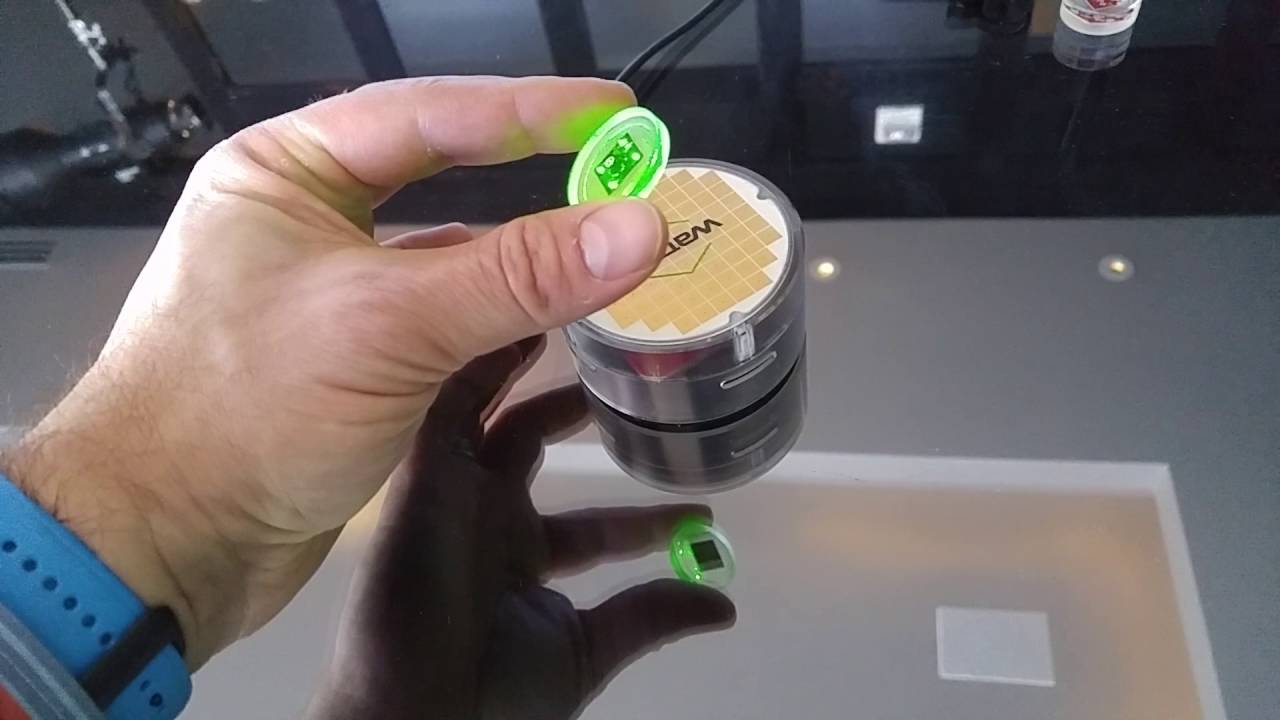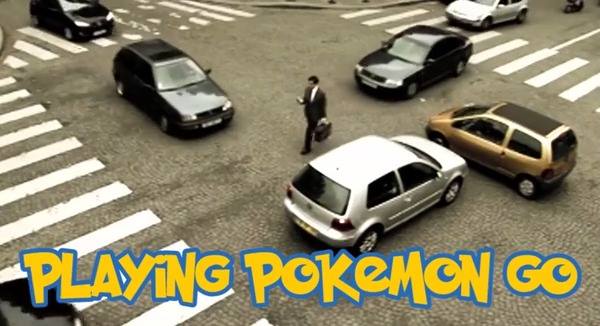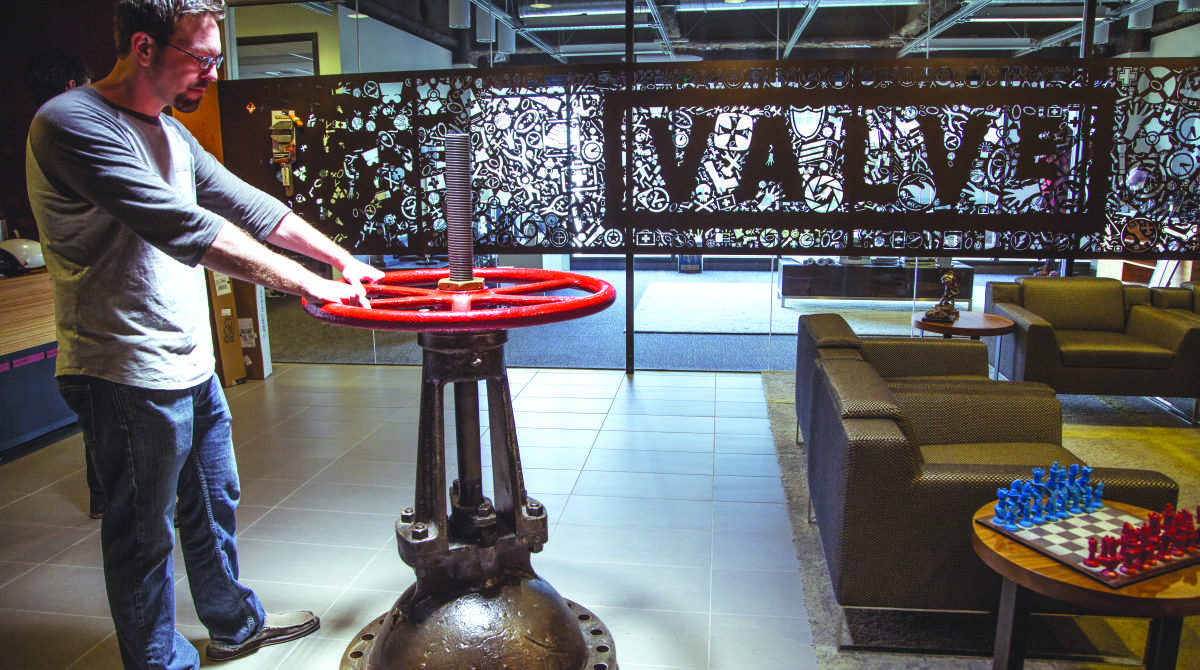Archive for the ‘futurism’ category: Page 1103
Jul 18, 2016
Right Now, Artificial Intelligence Is The Only Thing That Matters: Look Around You
Posted by Shailesh Prasad in categories: futurism, robotics/AI
If there’s one thing the world’s most valuable companies agree on, it’s that their future success hinges on artificial intelligence.
Google is continuing to invest heavily in deep learning at a time its head of machine learning, John Giannandrea, is calling the artificial intelligence spring (as opposed to the AI winter of earlier times). The company’s Founders’ letter this year mentions machine learning up to five times, leaving no doubt that it believes its advantages in this area will give it the edge in the coming years. In short, CEO Sundar Pichai wants to put artificial intelligence everywhere, and Google is marshaling its army of programmers into the task of remaking itself as a machine learning company from top to bottom.
[gallery2012].
Jul 16, 2016
Silicon Valley Wants to Create Space 2.0
Posted by Andreas Matt in categories: futurism, space travel
The keys to future space exploration are being handed off to a new generation and techies and entrepreneurs.
Jul 16, 2016
Beware the Rise of Gerontocracy: Some Hard Lessons for Transhumanism, Not Least from Brexit
Posted by Steve Fuller in categories: aging, biological, ethics, futurism, governance, government, homo sapiens, human trajectories, life extension, neuroscience, policy, strategy, thought controlled, transhumanism
Transhumanists will know that the science fiction author Zoltan Istvan has unilaterally leveraged the movement into a political party contesting the 2016 US presidential election. To be sure, many transhumanists have contested Istvan’s own legitimacy, but there is no denying that he has generated enormous publicity for many key transhumanist ideas. Interestingly, his lead idea is that the state should do everything possible to uphold people’s right to live forever. Of course, he means to live forever in a healthy state, fit of mind and body. Istvan cleverly couches this policy as simply an extension of what voters already expect from medical research and welfare provision. And while he may be correct, the policy is fraught with hazards – especially if, as many transhumanists believe, we are on the verge of revealing the secrets to biological immortality.
In June, Istvan and I debated this matter at Brain Bar Budapest. Let me say, for the record, that I think that we are sufficiently close to this prospect that it is not too early to discuss its political and economic implications.
Two months before my encounter with Istvan, I was on a panel at the Edinburgh Science Festival with the great theorist of radical life extension Aubrey de Grey, where he declared that people who live indefinitely will seem like renovated vintage cars. Whatever else, he is suggesting that they would be frozen in time. He may actually be right about this. But is such a state desirable, given that throughout history radical change has been facilitated generational change? Specifically, two simple facts make the young open to doing things differently: The young have no memory of past practices working to anyone else’s benefit, and they have not had the time to invest in those practices to reap their benefits. Whatever good is to be found in the past is hearsay, as far as the young are concerned, which they are being asked to trust as they enter a world that they know is bound to change.
Questions have been already raised about whether tomorrow’s Methuselahs will wish to procreate at all, given the time available to them to realize dreams that in the past would have been transferred to their offspring. After all, as human life expectancy has increased 50% over the past century, the birth rate has correspondingly dropped. One can only imagine what will happen once ageing can be arrested, if not outright reversed!
Jul 14, 2016
No Time For Pokémon Go? This Girl Will Catch ‘Em All For You At $20/Hr
Posted by Shailesh Prasad in category: futurism
Jul 14, 2016
Terahertz amplifiers could open new frontiers in RF communications
Posted by Karen Hurst in category: futurism
Very nice.
Researchers from Northrop Grumman, working with DARPA, have developed two different amplifiers capable of using the THz range of the spectrum, which could lead to a new range of high-speed, secure communications.
Jul 13, 2016
Illegal wildlife trade in Asia decimating species, warn scientists
Posted by Karen Hurst in category: futurism
Scientists criticize themselves for failing to do more to respond to Asia’s booming wildlife trade.
Jul 13, 2016
Report shows Boston’s ‘brain drain’ is worse than you think
Posted by Karen Hurst in category: futurism
I can assure you for each person leaving Boston; there are at least 1 to 3 people leaving SV for places like NYC, Austin, Memphis, NC, and Boston due to the appeal of SV has worn off.
The “ Scoring Tech Talent” report shows that Boston has the largest brain drain out of 40 cities in the country, with more than 17,200 people with tech-focused degrees having left the city between 2011 and 2015.
Jul 13, 2016
An Open Valve: How a Modding Community Shaped the Future of Virtual Reality
Posted by Karen Hurst in categories: futurism, virtual reality
Interesting story on VR.
How did a traditional gaming software company end up creating arguably the most cutting-edge VR hardware on the market, the HTC Vive?















